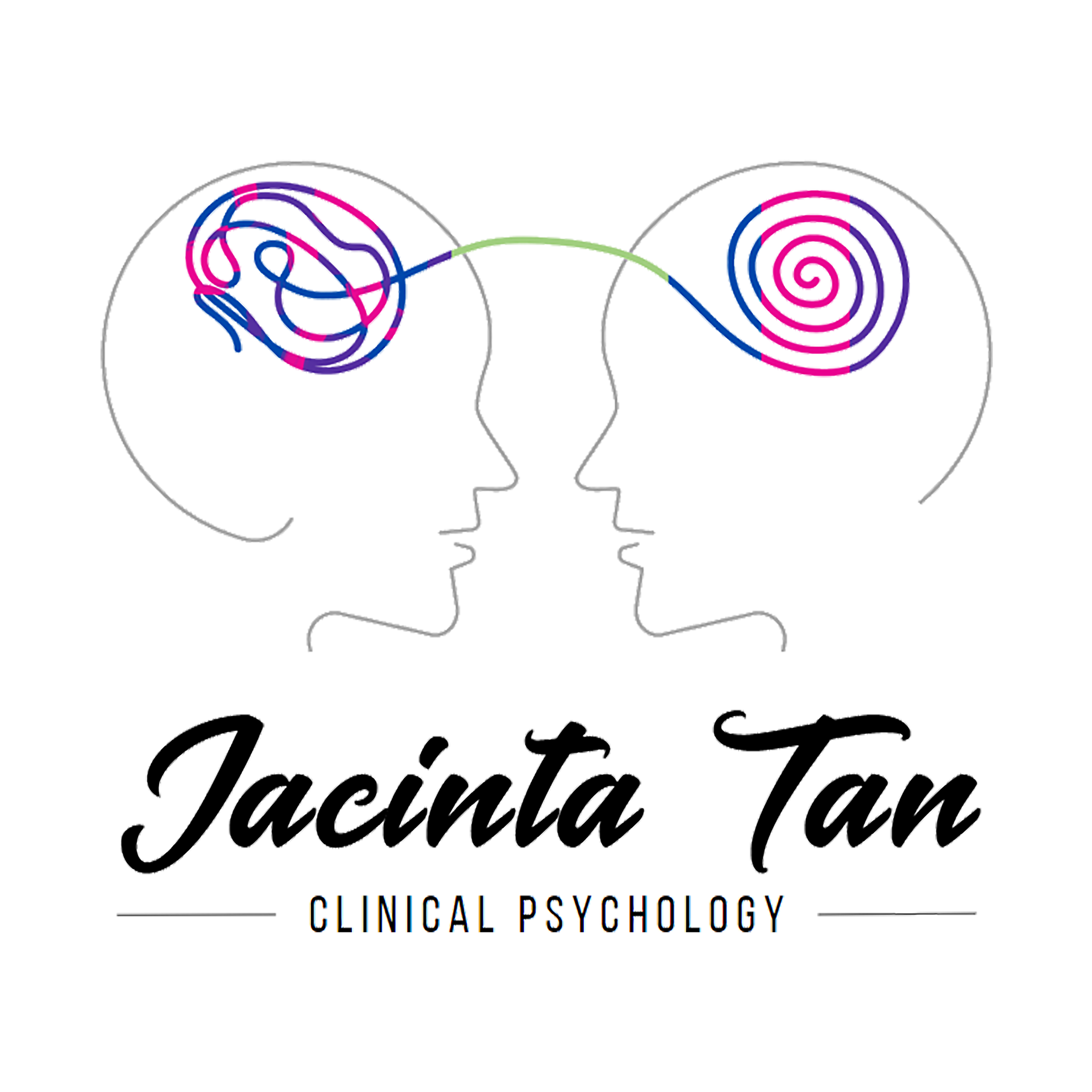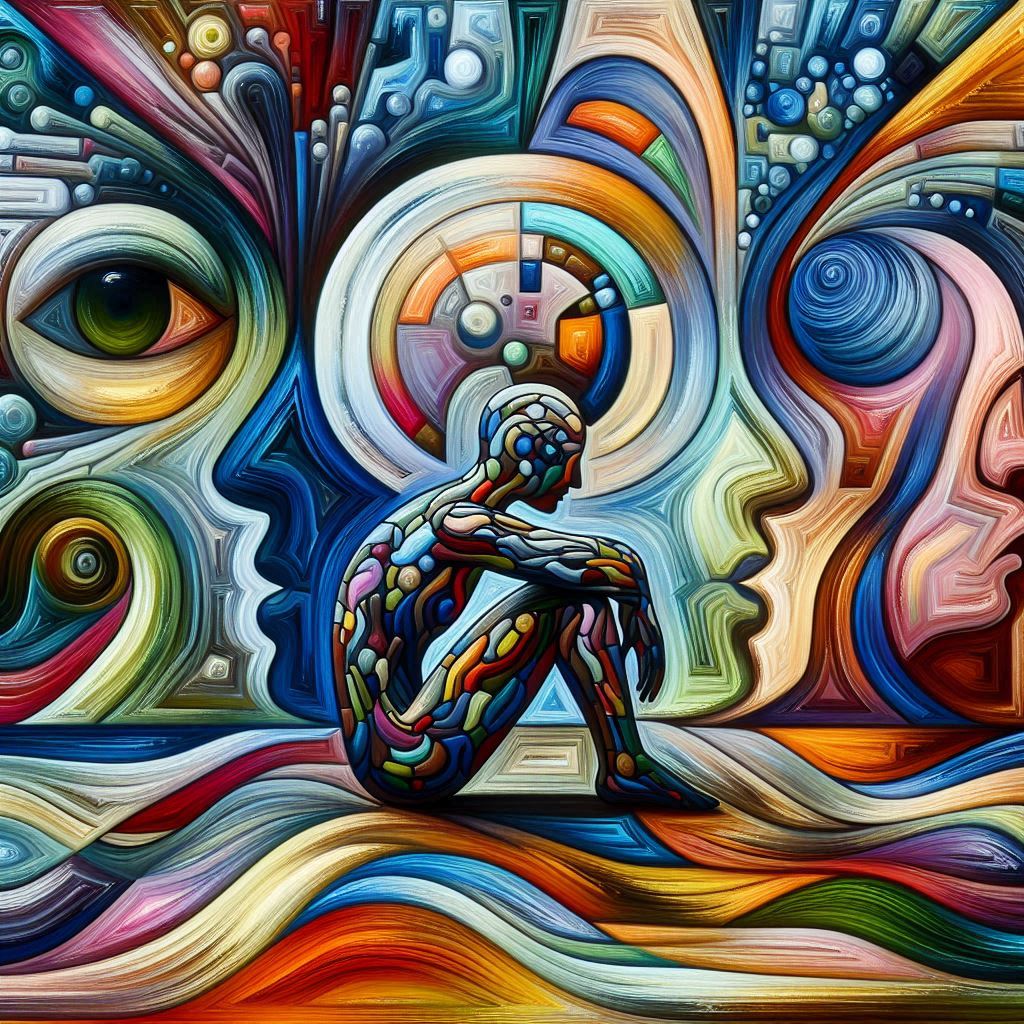
Mood and Anxiety Disorders
Co-Occurrence: Mood and anxiety disorders frequently occur together. Both can affect daily functioning due to the associated distress, yet their symptoms are distinct.
Mood Disorders: Characterized by fluctuating moods, which may include periods of extreme sadness, happiness, or both, sustained over long periods. Persistent emotions such as anger and irritability may also be present.
Anxiety Disorders: Involve excessive worry, fear, or anxiety. This heightened anxiety disrupts daily life, impacting social, occupational, and interpersonal functioning, leading to significant distress.
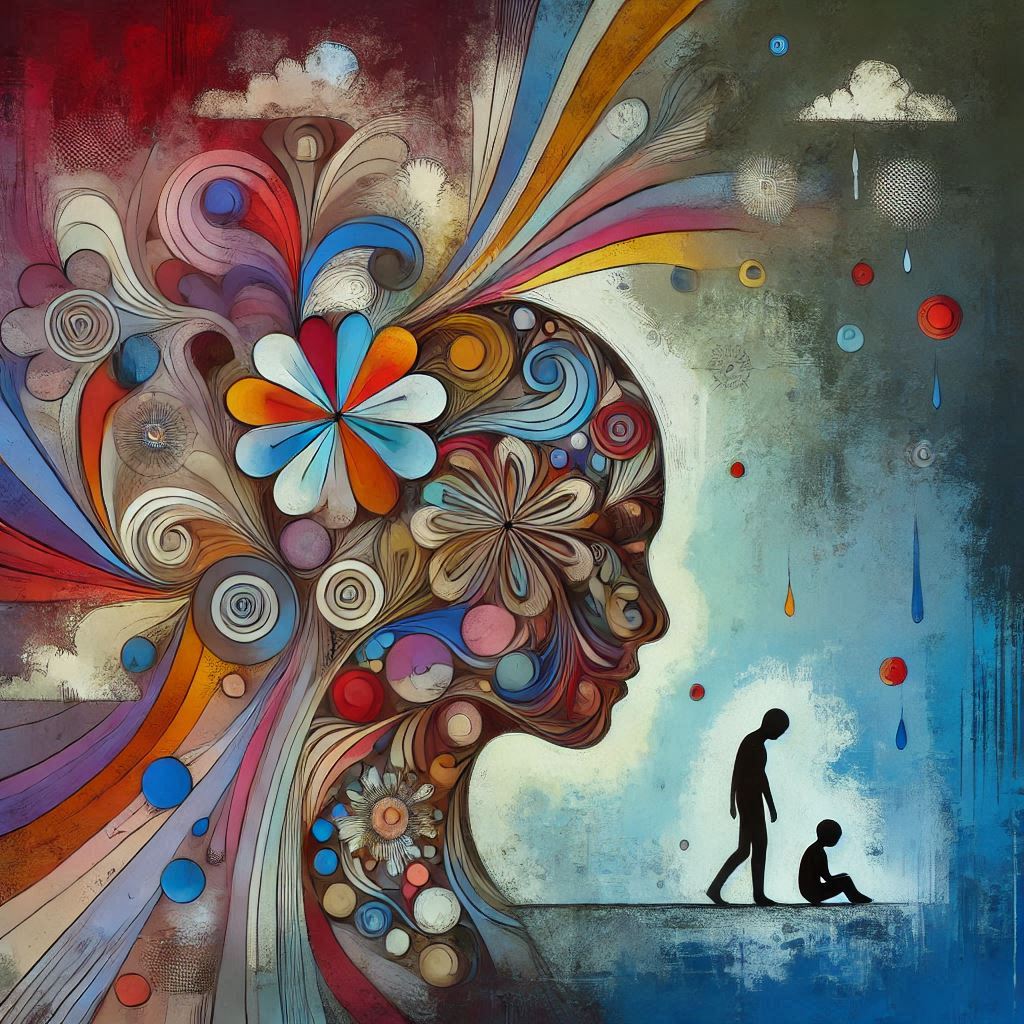
Trauma / Childhood Issues
Effects of Trauma: Both immediate and long-lasting effects can result from trauma and unresolved childhood issues. These impacts can manifest in emotional, cognitive, and physical health.
Long-Term Consequences: Such issues can lead to chronic struggles throughout adulthood, affecting various aspects of an individual’s life.
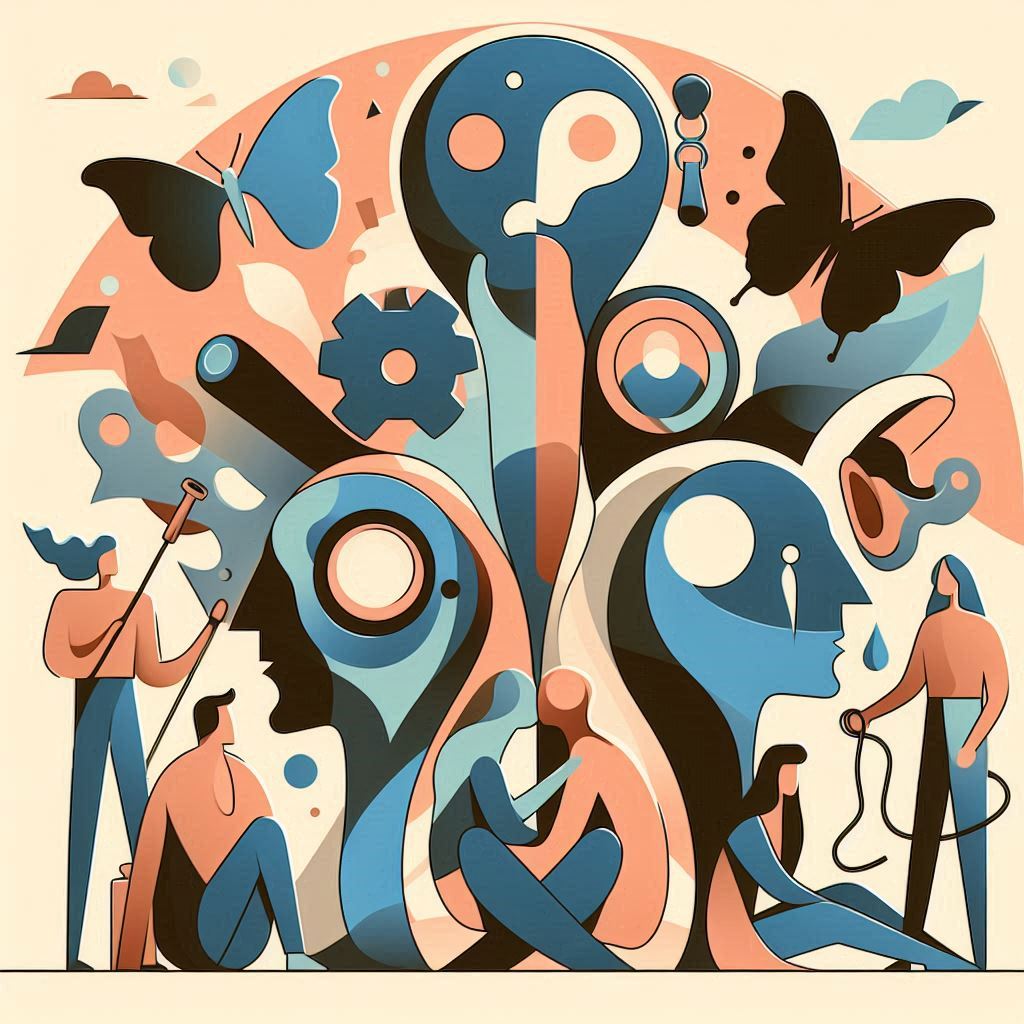
Personality Disorders
Personality disorders are characterized by pervasive and inflexible patterns of thought, behavior, and interpersonal functioning that deviate from societal expectations. These patterns often result in significant distress or impairment in various areas of life, including relationships, work, and self-image.
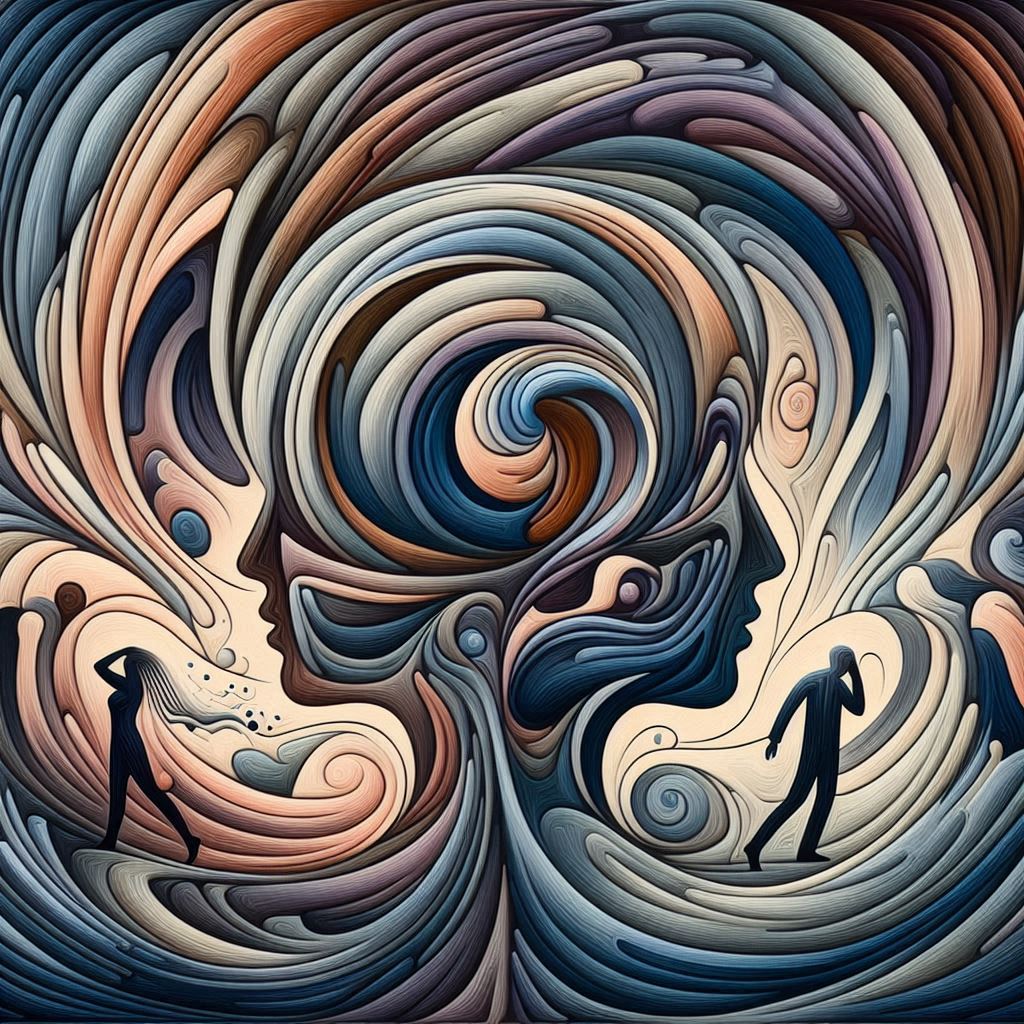
Relationship / Interpersonal Issues
Interpersonal and relationship issues involve difficulties or conflicts arising from interactions between individuals. These challenges often lead to tension and emotional distress. They can occur in various relationships, including romantic, familial, friendships, and workplace dynamics.
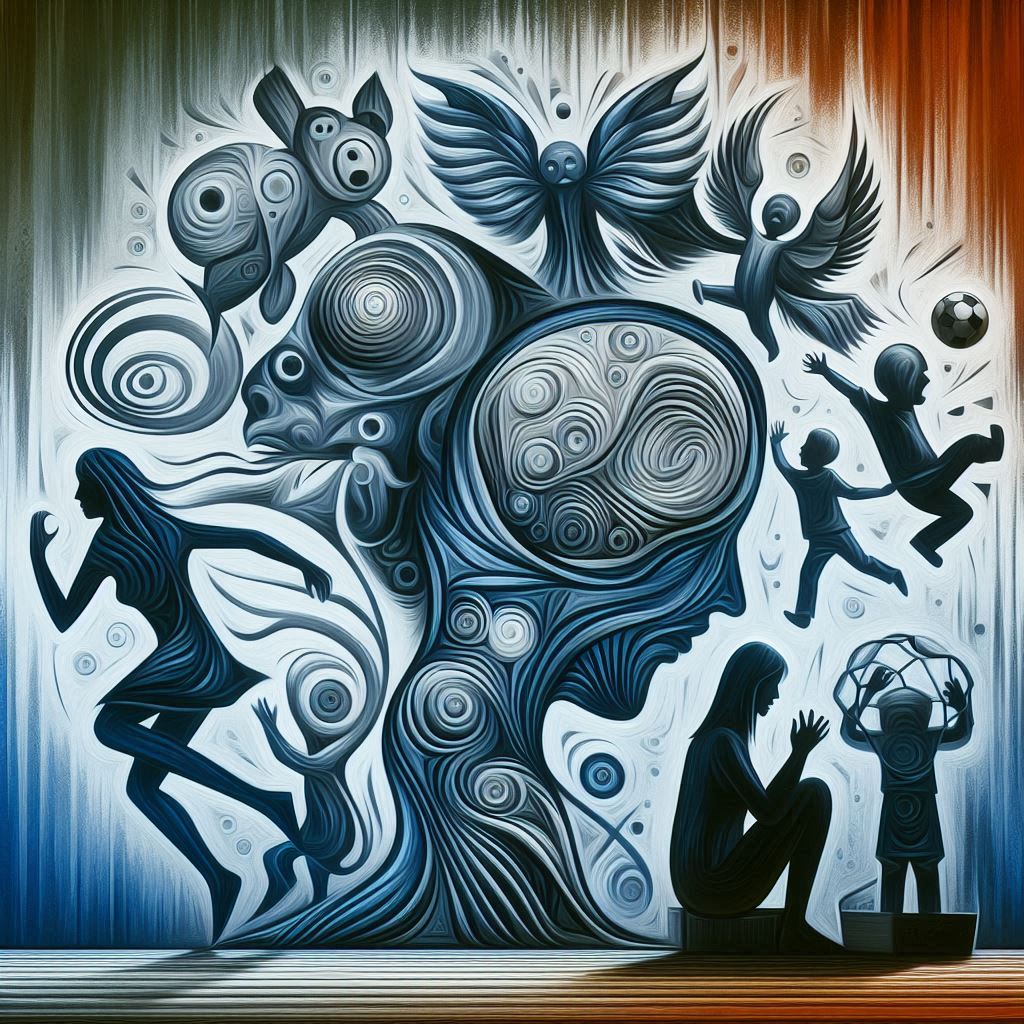
Behavioural Problems
Behavioural difficulties refer to maladaptive patterns of actions, reactions, or attitudes that are considered challenging and disruptive in social, academic, or personal contexts. These difficulties can be observed in children, adolescents, and adults, manifesting in various ways, such as non-compliance, aggression, defiance, or impulsivity.
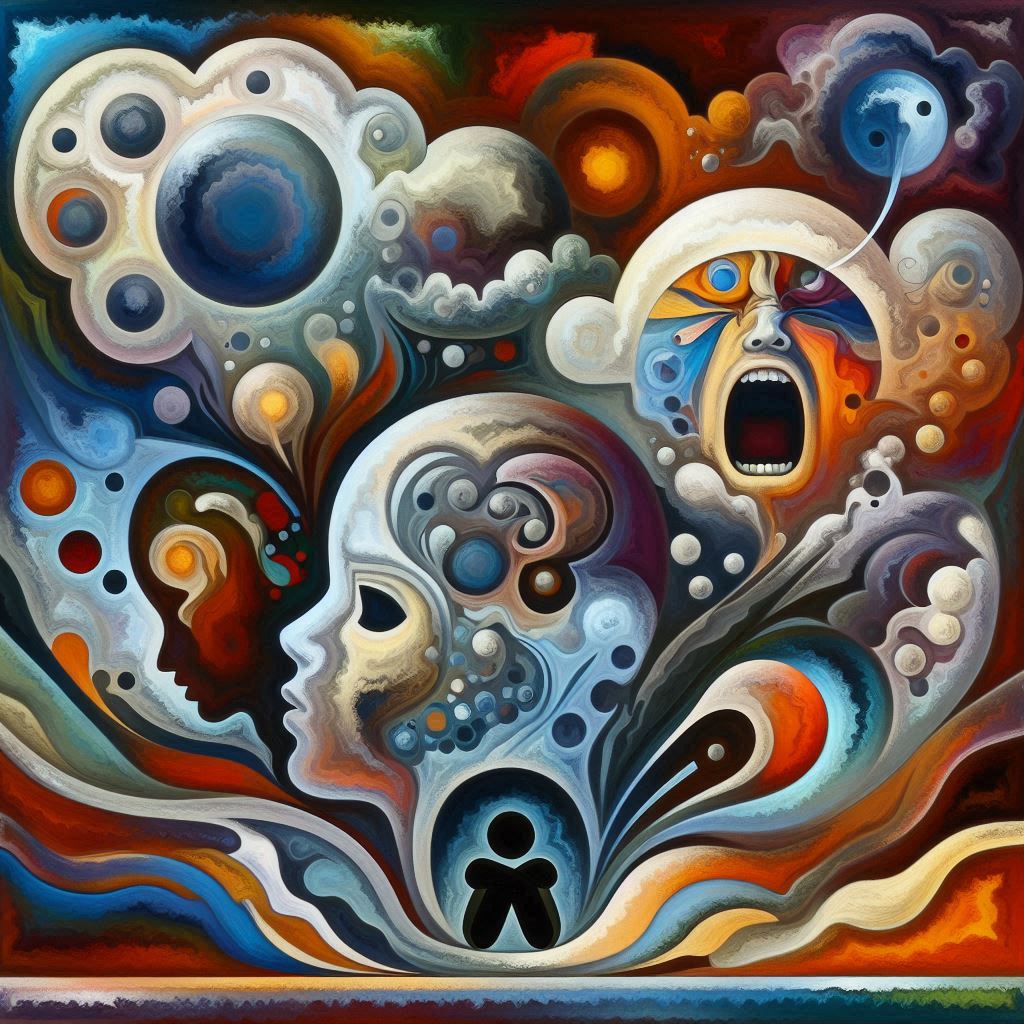
Emotional Dysregulation in Children and Adults
Emotional dysregulation refers to difficulties in managing emotional responses. Individuals often experience intense emotions that are hard to control, leading to frequent mood swings, relationship difficulties, and impulsive behaviours. The effects can include feeling overwhelmed by emotions, difficulty calming down, or overreacting, which can impact daily functioning.
